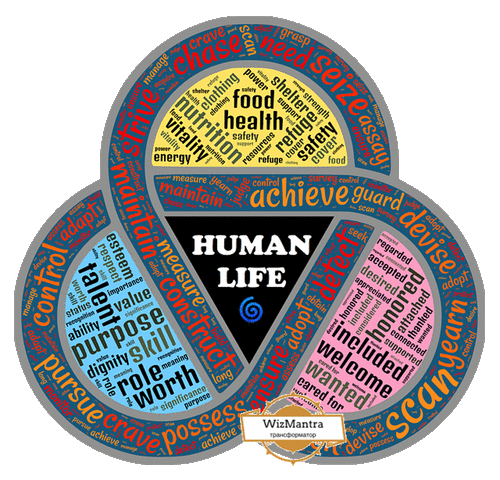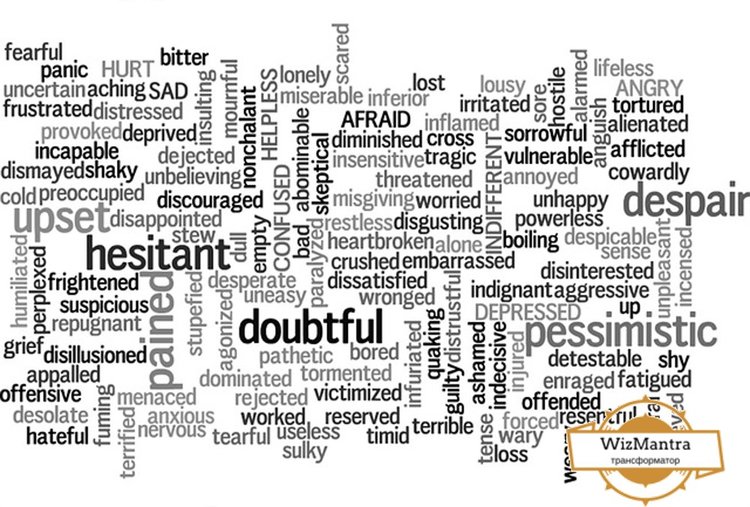Topics Syllabus Covered in Advanced English Vocabulary
Advanced English vocabulary is an essential component of effective communication. It includes words and phrases that are more complex and nuanced than basic vocabulary and allows speakers to express themselves in a more precise and sophisticated manner. Some of the key aspects of advanced English vocabulary include word families, collocations, idioms and expressions, synonyms and antonyms, technical and academic vocabulary, prefixes and suffixes, phrasal verbs, homophones and homonyms, and foreign words and loanwords.
Word Families
Word families are groups of words that share the same root word, but differ in spelling and meaning. These words can be used to increase vocabulary and help in the comprehension of more complex texts.
For example, the word family of “communicate” includes words such as communication, communicator, communicative, communicated, communicating, and uncommunicative. By knowing the word family, we can quickly understand and use these words in different contexts.
Collocations
Collocations are combinations of words that frequently appear together in natural language. They can be essential for effective communication, as using the wrong collocation can make a sentence sound awkward or even unintelligible.
For example, the collocation “make a decision” is much more commonly used than “do a decision,” even though both are grammatically correct. Using the correct collocation can improve fluency and make communication more effective.
Idioms and Expressions
Idioms and expressions are phrases that have a figurative meaning different from their literal interpretation. They are a crucial aspect of advanced English vocabulary as they add color and depth to language.
For example, “kick the bucket” is an idiom that means to die. It does not have any relation to buckets or kicking, but it has a fixed meaning in English.
Synonyms and Antonyms
Synonyms are words that have the same or similar meanings, while antonyms are words that have opposite meanings. Knowing synonyms and antonyms can help in the understanding of complex texts and improve writing and speaking skills.
For example, synonyms for the word “happy” include joyful, delighted, and content. Antonyms for the word “happy” include sad, depressed, and miserable.
Technical and Academic Vocabulary
Technical and academic vocabulary is a specific type of vocabulary used in specialized fields such as science, medicine, law, and academia. It can be challenging to understand for those outside of these fields and is an important aspect of advanced English proficiency.
For example, terms such as “cellular respiration,” “double-blind study,” and “judicial review” are examples of technical and academic vocabulary.
Prefixes and Suffixes
Prefixes and suffixes are word elements that are added to the beginning or end of a word to change its meaning. Understanding prefixes and suffixes can help in the comprehension of complex vocabulary and improve overall vocabulary skills.
For example, the prefix “un-” can be added to the word “happy” to create the word “unhappy,” which has the opposite meaning. The suffix “-able” can be added to the word “read” to create the word “readable,” which means that something can be read.
Phrasal Verbs
Phrasal verbs are combinations of verbs and particles that have a different meaning than the individual words. They are a crucial aspect of advanced English vocabulary and can be challenging for non-native speakers to understand.
For example, “give up” means to stop trying or to surrender. The individual words “give” and “up” do not have the same meaning when used separately.
Homophones and Homonyms
Homophones and homonyms are words that sound the same or have the same spelling but have different meanings. Knowing the difference between homophones and homonyms can help in the comprehension of texts and improve communication skills.
For example, “flower” and “flour” are homophones because they sound the same but have different meanings







Leave a comment